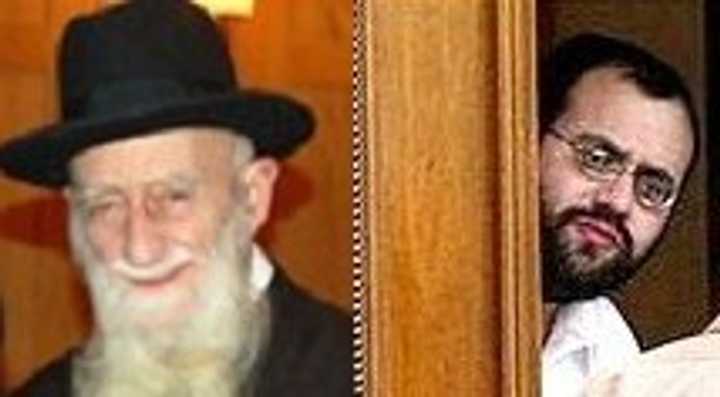Kassin (l.) and Dwek
Saul Kassin, the leader of Syrian communities in Brooklyn and Deal, pleaded guilty in federal court in Trenton today to charges that he accepted bank checks in exchange for checks in lesser amounts from the charity, which he operated and controlled.
“Few financial crimes offend our sensibilities like those that hide illegal activities behind the curtain of charity,” U.S. Attorney Paul J. Fishman said today, following the plea.
Although federal statutes call for a prison term of up to five years, given Kassin’s age — and his agreement to forfeit $367,500 in funds the FBI seized from the bank accounts of the Magen Israel Society — he likely will be ordered to pay up to a $250,000 fine and be placed on parole at his July 12 sentencing.
Kassin admitted transferring thousands of dollars in checks to Dwek from June 2007 through December 2008. He said he made the checks payable to Magen Israel Society and issued checks from the account to other organizations in exchange.
He also admitted that he charged a 10 percent commission.
Kassin was among 44 people charged in the wake of the July 23, 2009 federal sweep, made possible by Dwek‘s portrayal of a crooked developer — one he was suited to, given that he‘d been convicted of embezzling tens of millions of dollars.
Dwek was originally referred to Kassin by Rabbi Edmond Nahum of Deal, who “informed Dwek that Kassin would be able to move large amounts of money,” according to a federal complaint.
At first, Nahum accepted checks from Dwek made payable to Magen Israel Society, which Nahum passed on to Kassin, the government said. He then issued checks from the charity — minus his commission.
Eventually, federal prosecutors said, Kassin met directly with Dwek “to exchange checks in larger amounts.”
Each time, Dwek told Kassin the checks were either “proceeds of a counterfeit handbag business or a way to hide assets from Dwek’s bankruptcy court proceedings,” according to the investigators who wired the convicted felon.
Fishman credited special agents of the FBI and IRS with making the case, handled by Assistant U.S. Attorney Mark J. McCarren of the U.S. Attorney’s Office Special Prosecutions Division in Newark.
Click here to follow Daily Voice Garfield-Lodi and receive free news updates.
